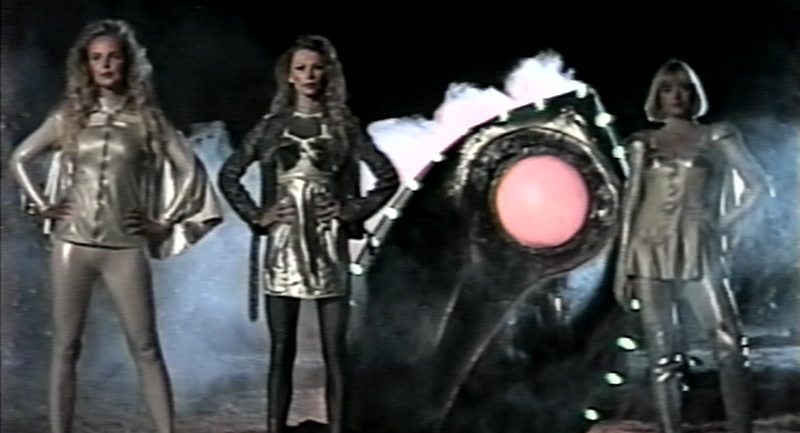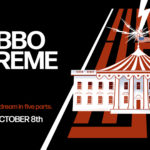
You’ll laugh, you’ll cry, you’ll eBay a VCR.
By EVAN SAATHOFF Sep. 22, 2019
It’s going to be difficult to accurately explain what’s going on in VHYes. While entirely fictional, the film eschews typical narrative presentation in favor of an experimental approach that marries form and function. It’s brilliant, but it’s also kind of a “you have to see it” situation at the same time.
Like a lot of youngsters at the time (specifically 1987), a young boy named Ralph gets a VHS camcorder for Christmas. Over the next several days he records his life and basically every television show he watches using the first VHS tape he finds, which happens to be the home of his parents’ wedding footage.
Most of the film is dedicated to Ralph’s recorded television diet as he haphazardly flips back and forth through a series of television shows. All are heightened but hilarious parodies of late-‘80s cable staples – Bob Ross, QVC, Skinemax softcore porn. These parodies threaten to push VHYes into kitchie Adult Swim absurdity, but that’s not the film’s aim at all. While really funny, there’s a deeper point to all this.
Between long bouts of recorded channel flipping, Ralph also records his day to day life and in doing so, accidentally captures the likely first signs of his parents’ impending divorce. It doesn’t dramatically change the film’s narrative, but adds a melancholy cloud that covers the youthful innocence on display with inevitable sadness, making VHYes feel more like a full meal than a simple, novel snack.
These television parodies are the real star of the show, however, featuring recognizable faces like Kerri Kenney, Tim Robbins, Susan Sarandon, Thomas Lennon, Charlyne Yi and Mark Proksch. The constant channel-flipping is a punchline-generator that also keeps any of these bits from going stale. You never see too much of one thing in VHYes, helping to ensure it remains engaging from start to finish.
At the center of it all is Mason McNulty as Ralph and Rahm Braslaw as his little buddy Josh. The candid, home-recorded nature of the film calls for a particular form of acting from these two children and they both nail it, feeling truly authentic and real rather than rehearsed or stiff. You totally buy that they were actual kids in 1987 whose antics are just now getting to us over 30 years later. Child actors are always a gamble. For one movie to have not one but two of them of this quality is pretty remarkable.
There is a last little twist to VHYes that ramps the film up to a conclusion, saving it from just abruptly ending once its novel structure runs out of gas. Some people may have issues with this last little bit, but for me it elevates the film. The comedy here is high enough that simply being funny would have been enough, but VHYes strives for meaning as well, which is what makes the film such a special delight.


